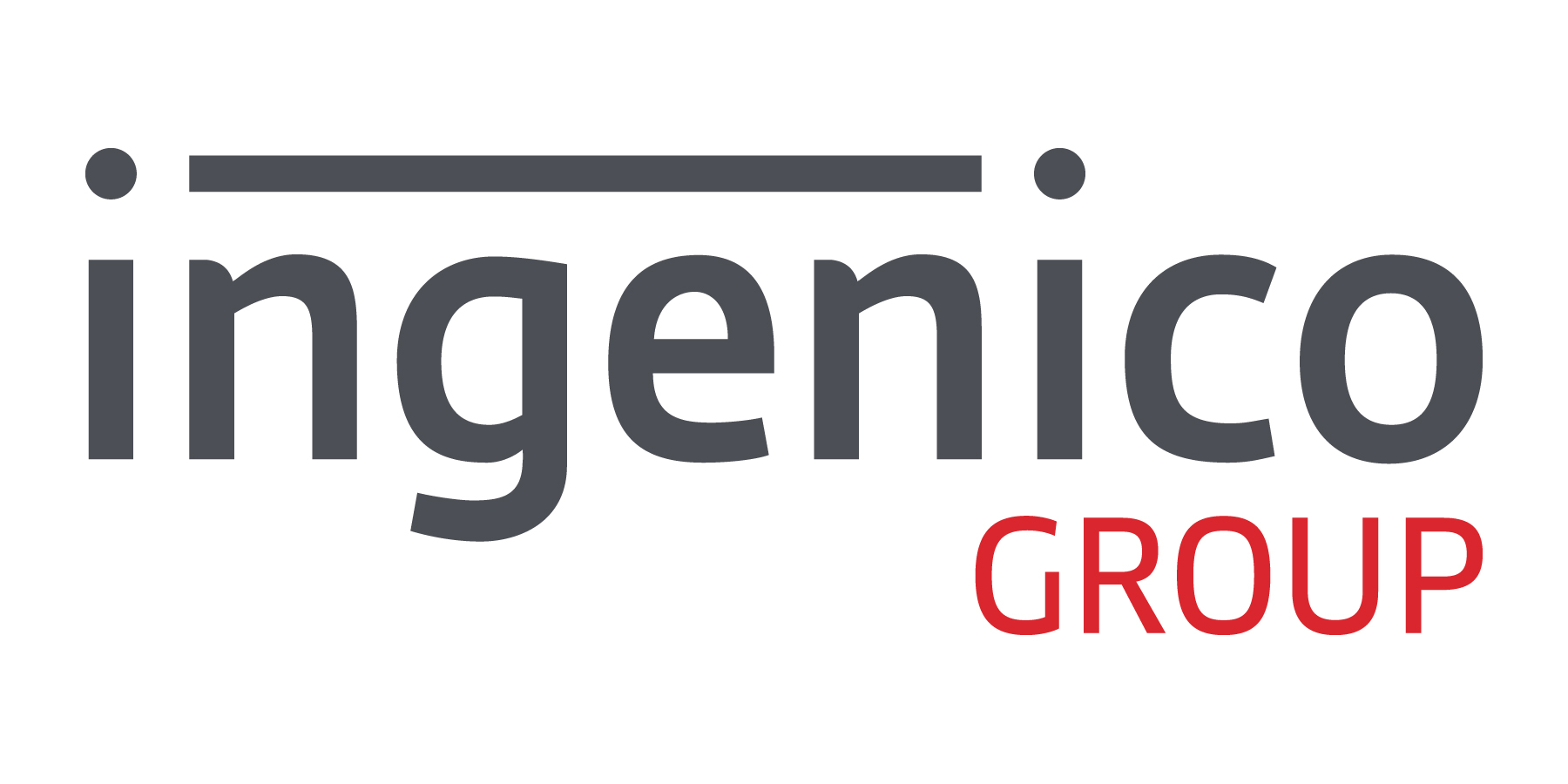“When we set out to choose the topics of FWD50 2018, one thing was clear to us: We should begin with foundations, and there’s nothing more foundational than identity. Without it, we can’t ensure the right services are delivered to the right people, or track outcomes and usage in order to improve those services. But identity is challenging—almost philosophical: Who are we, really? And how do privacy, ease of use, and the handling of risk dictate how stringently we identify others?”
-Alistair Croll, Co-founder and content chair, FWD50
On November 7-9, digital government leaders from more than 15 countries gathered in Ottawa, Ontario for the FWD50 conference. “Use technology to make society better for all” was the theme of this year’s event, and conversation focused on government tech, connected citizens, digital policy and the future of society. The conference, now in its second year, has become an event in which DIACC is pleased to participate by contributing our community’s leadership to help foster and drive meaningful conversations. The three-day conversation on digital transformation brings together citizens, the public service, elected officials, technologists, and innovative thinkers from across the globe. The conference encourages governments to think big, in terms of going digital.
For the first day, before sessions began, DIACC was asked to provide an ‘Identity 101 session’, (Who Goes There? Demystifying Digital Identity for all). This was to give people get an idea about what identity is and what it means. DIACC held a similar workshop last year, which was well-attended. Whereas last year’s identity overview was 30 minutes in duration, this year’s was three hours long, due to popular demand. The workshop was so well attended that at points it was standing-room-only, which spoke to people wanting to learn more about identity.
Ahead of this year’s conference, organizers engaged attendees to find out what topics would be most interesting for the audience. Digital identity was a clear leading topic that people wanted to learn more about.
During the first half of the workshop, Tim Bouma, Senior Policy Analyst Identity Management, Treasury Board Secretariat, provided an overview the need for digital identity from the federal Government’s perspective. Then I widened the discussion to explain the impact of digital identity on Canada’s economy, as well as the power of public and private sector collaboration. For example, DIACC posits that Canada’s economy loses at least 15 Billion dollars in potential annually by not solving for digital identity.
We were also thrilled to have two guest speakers join us. Santiago Paz, Information Security Director at AGESIC Uruguay, discussed how identity works in Uruguay. Aurélie Pols, who is a French Dutch national that lives in Spain, spoke about the GDPR and what privacy and consent means in a broader context.
After providing some baseline materials, we broke out into an unconference for the second session. Topics included: identity proofing, organizational identity, amplifying collaboration, and categorization of types of consent.
On the second day of the conference I was proud to moderate a circlesquare panel session, which is an interactive unconference-style panel where participants move every 25 minutes. Thematic conversations centered on the need to provide Canadians with tools and agency to make decisions about information sharing. There was a recognition that identity is an enabler and is something that we need to solve.
The tone of the conversations were clear – It’s time to empower Canadians to help them to know what kind of identity information exists about them and to provide them with tools to manage that information.

Next steps
DIACC is committed to helping governments to define their role in the broad collaboration that is needed to solve for digital identity. Canadians need government issued evidence of identity that they can use both in government contexts as well as in the dynamic digital economy.
Government issued evidence of identity has value that is not fully realized when that evidence of identity is confined to the paper world. It’s important for governments to start preparing themselves to issue evidence of digital identity – for example, digital driver’s licenses and birth records.
By governments making the transition to issue digital evidence of identity that citizens can use in their daily lives, governments will have the ability to create the legal foundation for identity online. This will help every Canadian to gain better access to social services as well as to grow Canada’s digital economy opportunities and our economic opportunities at large.
DIACC’s role
We realize that solving for digital identity is easier said than done, and there are going to be challenges along the way. The good news is that the digital transformation challenge is not something that governments need to face alone. These conversations illuminate areas where DIACC needs to take a lead.
With close to 60 members from around the world, we are investing in Canadian identity, and have been for the last number of years. That’s a strong indicator that Canada’s public and private sectors are invested and here to make identity work for all Canadians at home and on the global scale.
DIACC is the place where the public and private sector are making a significant and sustained investment to develop and deliver the Pan Canadian Trust Framework, which is a set of standards and practices to guide digital identity in Canada. Its success depends on the investments and strong collaboration of public and private sector for the benefit of all Canadians.
To learn more about how your organization can invest in Canada’s digital identity needs, please contact us.
